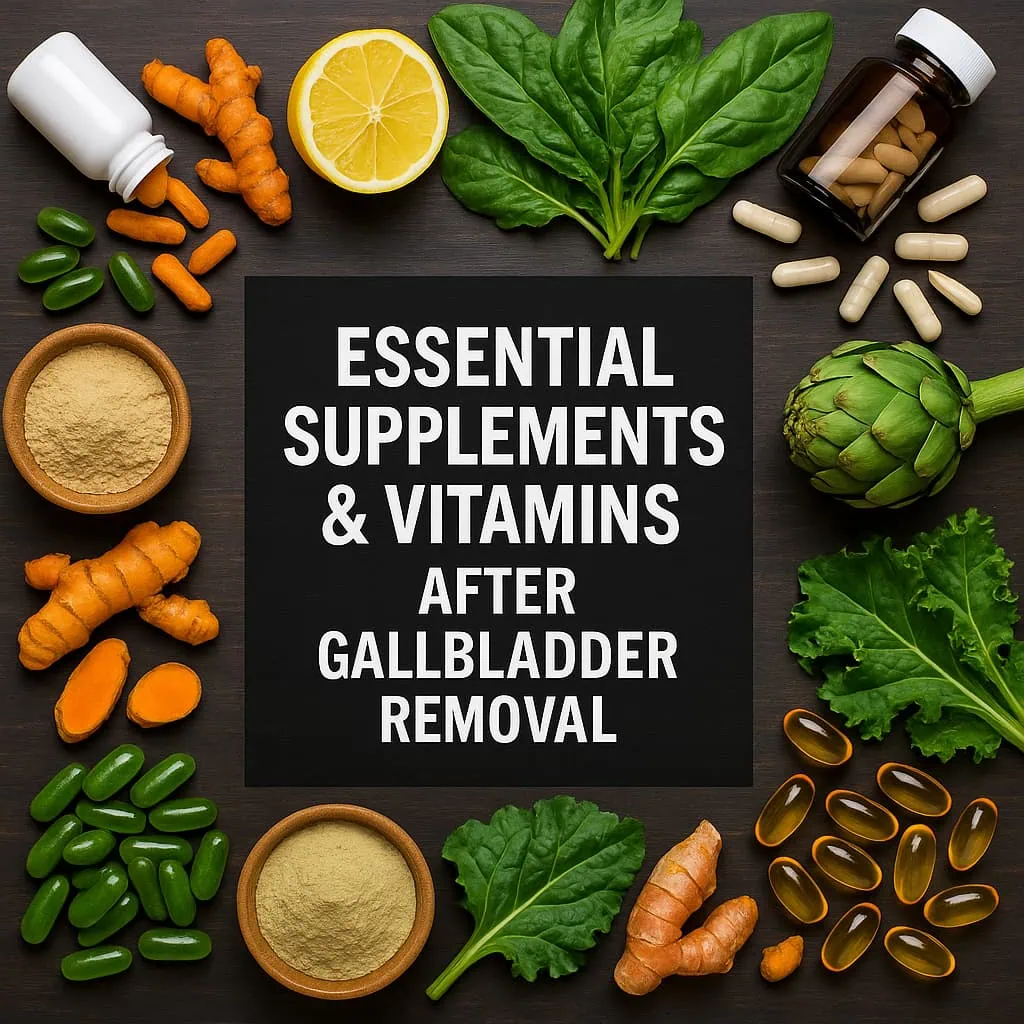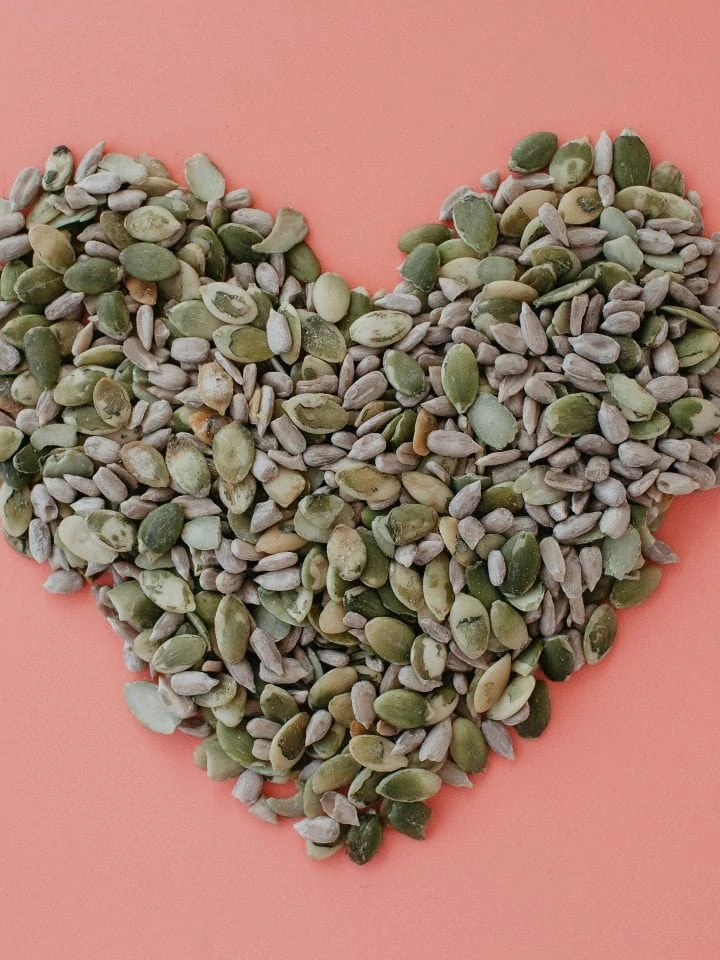From hot flashes to weight gain and hormonal fluctuations, the transition to menopause can come with uncomfortable symptoms. Menopause, which usually occurs in women in their forties or fifties, is a significant milestone in every woman’s life. This transition is, however, accompanied by diverse emotional and physical changes including mood swings and night sweats.
While these symptoms are a normal part of aging, they may, however, affect daily life and overall well-being. The good news is that nutrition can be a strong ally in helping to ease menopausal symptoms naturally. Certain foods possess powerful nutrients that can support hormone regulation, boost mood, and support optimal health.
In this guide, we will take a closer look at foods that can transform your menopause journey into a manageable experience. Whether you simply want to nourish your body during this phase or seek ease from common menopause symptoms, this guide will cover the foods to incorporate into your diet to support a smoother transition.
Jump to:
Your nutrition and menopause
Many factors influence the symptoms of menopause, such as age, hormonal fluctuations, and lifestyle. Diet, however, plays a crucial role in managing the emotional and physical changes that come with menopause. Foods rich in phytoestrogens can, for example, help to balance hormone levels and improve mood.
Moreover, key nutrients such as vitamin D, magnesium, calcium, and healthy fats can help ease menopause symptoms by strengthening the bones and decreasing inflammation. By focusing on foods that are nutrient-dense and nourishing the body, women can support the body’s transition to menopause.
Top foods to ease menopause symptoms naturally

1. Soybeans
Soybeans are a superfood for alleviating the symptoms of menopause, due to their rich phytoestrogen content, especially isoflavones, which are plant compounds that can mimic the estrogen activity in the body. Since menopause is associated with a decline in estrogen levels, foods like soybeans can provide relief for some of the discomforts associated with this transition.
Moreover, as the levels of estrogen reduce during menopause, the risk of bone loss is elevated, increasing the risk of developing osteoporosis. Soybeans are a great source of calcium, which is an important nutrient for enhancing bone health. Additionally, the isoflavones in soybeans may have a protective effect on bones, reducing the risk of fractures and preserving bone density.
2. Quinoa
The B vitamins and phytoestrogen content in quinoa can be beneficial for providing relief from menopause symptoms. The phytoestrogens in quinoa, particularly saponins, possess mild estrogenic effects. These plant compounds can aid hormone balance during menopause, offering relief from symptoms such as mood swings and hot flashes.
During the transition to menopause, many women experience mood swings, fatigue, anxiety, and even depression, due to the fluctuations in hormonal levels. Quinoa is rich in B vitamins, especially folate and B6, which are vital for boosting energy levels and regulating mood. These vitamins aid the conversion of food into energy in the body and play a vital role in the production of neurotransmitters like serotonin, which regulates mood.
3. Flaxseeds
One of the common symptoms associated with menopause is hot flashes, which are characterized by sudden surges of heat and sweating. Flaxseeds are loaded with lignans, a type of phytoestrogen that can aid the gentle balance of hormones, decreasing the frequency and severity of hot flashes.
In addition, flaxseeds are loaded with magnesium and omega-3 fatty acids, both of which can support bone health. Omega-3 fatty acids aid in the reduction of inflammation and enhance bone density. Magnesium, on the other hand, is important for bone formation and bone mineralization.
4. Raspberries
Delicious and sweet-tart in flavor, raspberries contain diverse nutrients that can provide relief for menopause symptoms. Heart disease has become one of the growing concerns of menopause due to the body’s decreased level of estrogen, which can affect blood vessels, cholesterol, and heart health.
Raspberries are loaded with anthocyanins, which are flavonoids that can help boost heart health by reducing inflammation and protecting the blood vessels from oxidative stress. Moreover, raspberries are an excellent source of fiber, which can help reduce the levels of bad cholesterol. By supporting heart health, raspberries can help maintain a healthy heart during menopause.
5. Chickpeas
Also known as garbanzo beans, chickpeas are a nutritious and versatile legume to add to your menopause-friendly diet. Hormonal fluctuations during menopause can lead to digestive issues such as gas, constipation, and bloating. Chickpeas are a great source of dietary fiber that can aid the regulation of bowel movements and support overall gut health. Chickpeas also contain prebiotics that can help alleviate digestive discomfort and bloating.
Women during menopause experience joint pain, accompanied by inflammation. Chickpeas contain anti-inflammatory compounds such as polyphenols and omega-3 fatty acids that can help decrease inflammation in the body, including the joints, providing relief from joint stiffness and pain.
6. Turmeric
During menopause, one of the major changes that the body goes through is hormonal fluctuations, especially in progesterone and estrogen levels. These hormonal shifts are responsible for most of the common symptoms of menopause. Turmeric can, however, help boost hormonal balance by aiding the regulation of the endocrine system and supporting the production of these hormones.
Additionally, turmeric contains an active compound called curcumin. This compound possesses anti-inflammatory and antioxidant properties that can help decrease inflammation and oxidative stress in the brain, which are associated with symptoms of depression and anxiety. Consuming turmeric may help reduce the feelings of sadness and anxiety during menopause by boosting brain function.
7. Pomegranate
The tasty pomegranate is beneficial for menopausal women due to its ability to decrease the intensity of symptoms of night sweats and hot flashes. Pomegranates contain phytoestrogens and potent anti-inflammatory compounds, which can contribute to a more stable hormonal environment and reduce temperature fluctuations.
Due to the significant bone loss during menopause, the risk of fractures is high. Pomegranates have, however, been linked to boosting bone health by boosting bone density and reducing bone loss. The polyphenols in pomegranates can aid the regulation of the activities of osteoclasts, the cells that break down bone tissue.
8. Dark chocolate
Dark chocolate is a potent mood booster for women going through the menopause transition. Dark chocolate contains natural compounds such as theobromine and flavonoids that can boost the levels of endorphins and serotonin in the brain, improving feelings of stress.
Menopause is often accompanied by brain fog and concentration difficulties. Dark chocolate, especially varieties with a high cocoa composition, contains flavonoids, which can help boost brain function by promoting cerebral blood flow. Regular consumption of dark chocolate may help protect against age-related cognitive decline, which may become more noticeable after menopause.
9. Green tea
Many women experience changes in metabolism during the menopause transition, often resulting in weight gain, especially around the stomach area. Green tea can play a major role in aiding weight management during this phase due to its composition of catechins, especially epigallocatechin gallate (EGCG), which can help boost metabolism.
Green tea can also help with mood swings and irritability that come with hormonal fluctuations, especially the decrease in estrogen levels. Green tea contains L-theanine, an amino acid that possesses calming effects on the brain. Drinking green tea can help to decrease stress and anxiety by boosting the levels of dopamine and serotonin to promote feelings of relaxation and happiness.
10. Kale
Kale is a leafy green vegetable that contains beneficial nutrients for managing menopause symptoms. It is packed with phytoestrogens, which are great for relieving symptoms like sleep disturbances and hot flashes. Kale is also rich in potassium and omega-3 fatty acids. These nutrients can help enhance cardiovascular health. Potassium can help regulate blood pressure, while omega-3 fatty acids help to decrease inflammation.
During menopause, the decrease in estrogen levels can result in skin changes like the formation of wrinkles and dryness. With its high vitamin C content, kale can help fight these issues. Vitamin C is a strong antioxidant that can boost skin firmness and elasticity, reducing wrinkles.
Conclusion
Although menopause is a natural aspect of life, navigating this transition can be challenging. However, making the right dietary choices can help make the process more manageable. From flaxseeds to kale and turmeric - there are many nutrient-dense foods that you can incorporate into your diet to nourish the body during the transition to menopause. Remember, small dietary changes can make a difference, helping you to navigate this phase and ease symptoms naturally.

A writer passionate about wellness, nutrition, and intentional living. She creates engaging, research-based content that empowers readers to live healthier lives. Through every article, she brings clarity, inspiration, and a touch of everyday practicality. Read more about Juliana.







Comments
No Comments